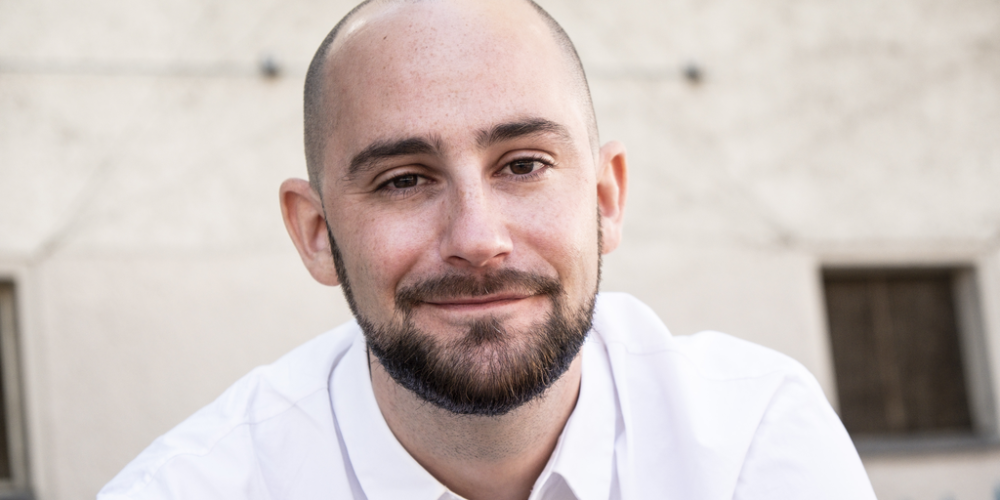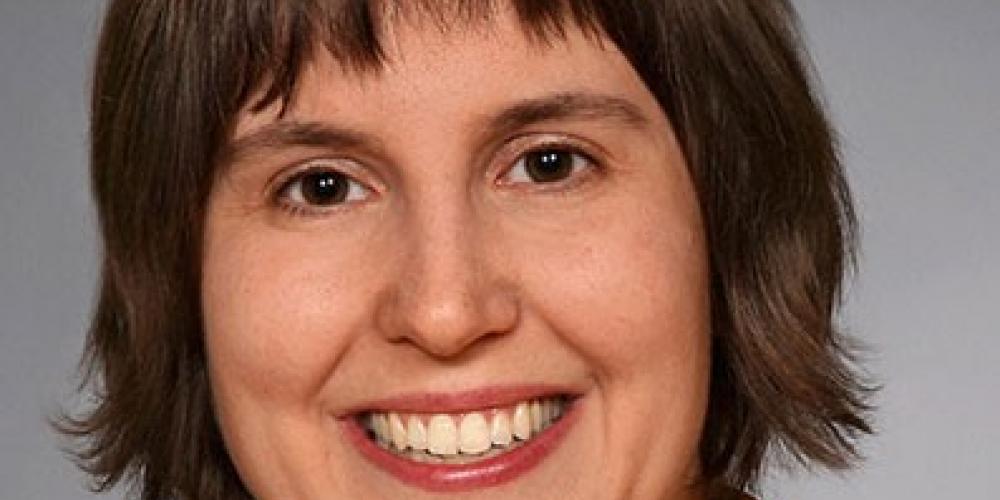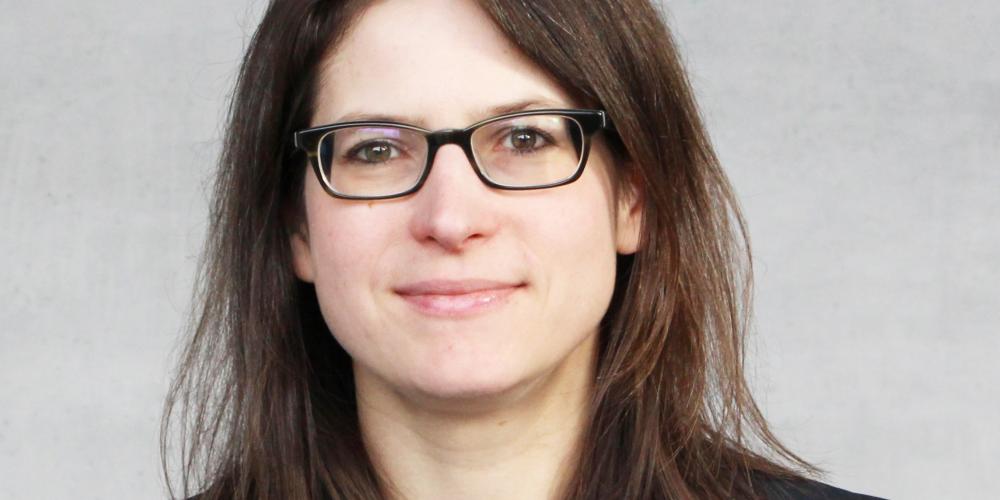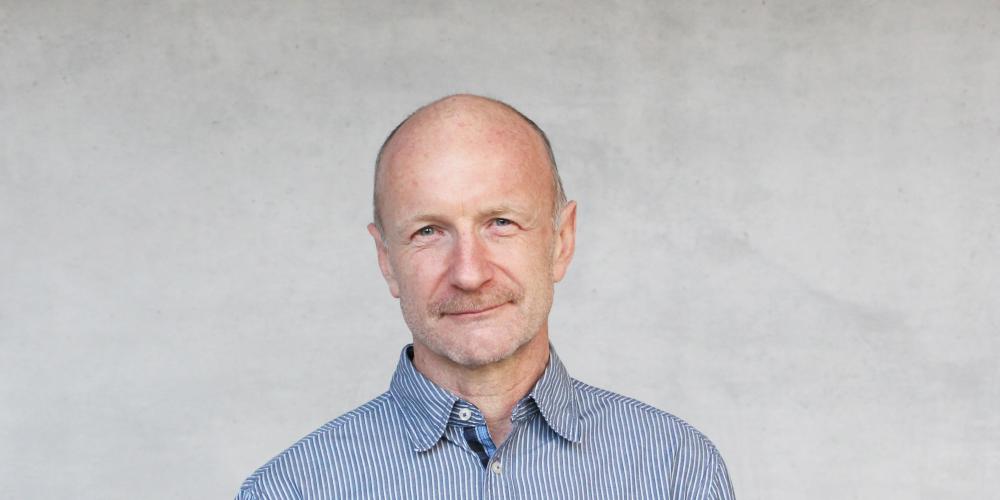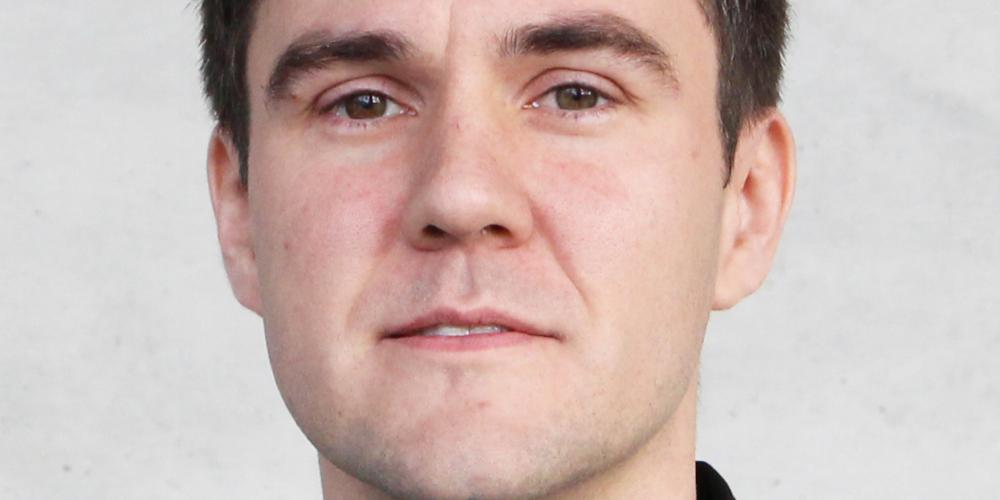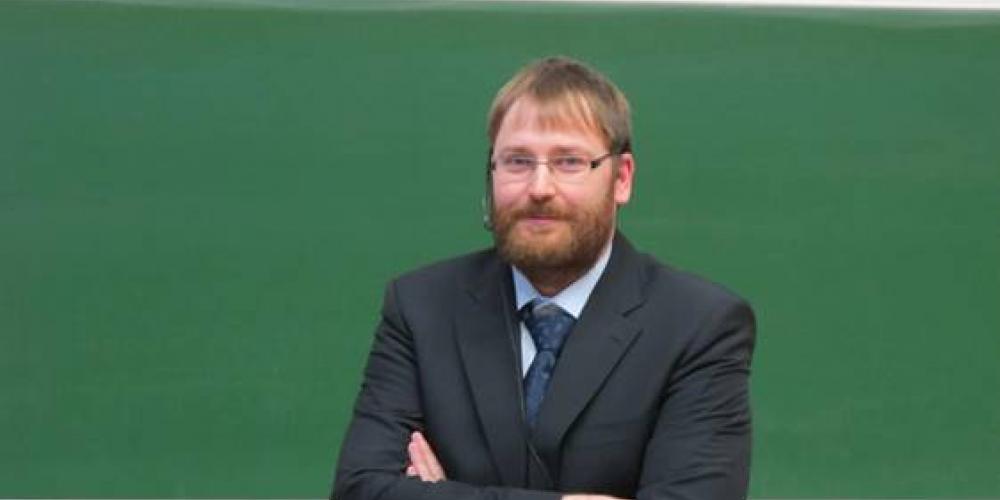Internet of Things
Prof. Staab's research combines topics of labor, social structure analysis, sociology of technology and political economy in a contemporary analytical perspective. Currently, Prof. Staab is particularly involved with questions of the political shaping of digital capitalism, the connection between digitalization and sustainability, as well as the role of critical infrastructures for the future viability of modern societies. The professor pursues a theory-oriented, present-diagnostic sociology in the context of social change, conflict, and inequality, which always seeks dialogue with the public.
- consulting,
- drafting of studies and
- policy papers as well as presentations
on important current topics in the areas of society, politics and economics, in particular digitalization and sustainability as well as work. The focus is on future developments of society as well as political and economic options for action.
- Organizing and conducting several conferences with a large political foundation
- Writing a policy study for a large labor union
- Advising members of parliament, ministries as well as the European Commission
The research of Prof. Greifeneder and her team at the Chair of Information Behavior focuses on user research. She is particularly concerned with people’s search and user behavior when dealing with information or metadata both while using a traditional library as well as in fields such as digital libraries or research data. Key aspects of her work include the use of online survey methods and natural habitat research as well as securing the validity of data in a laboratory setting and in natural environments. Additionally, users’ private information sharing behavior and context research are central issues in Prof. Greifeneder’s research.
Prof. Greifeneder and her team employ qualitative and quantitative research methods of information science with a focus on user research. This includes survey design and implementation, both online and in the form of natural habitat research, interviews, case studies, experiments, scientific observation, focus groups and eyetracking. The Chair of Information Behavior boasts a modern research laboratory, the iLab:
- The iLab consists of two functionally differentiated rooms, connected with a door made of spyglass, that contain mobile desks (height can be adjusted electronically), swivel chairs, mobile partition walls, magnetic glass boards and a facilitator’s toolbox
- Technical equipment: beamer, cameras, microphones, mobile sound recorders, tablets, notebooks, smart watches and eye-trackers
Our daily life more and more depends on computational systems embedded in common appliances. Just think of advanced driver assistance systems in cars, medical devices, or indsutrial supervisory control and data acquisition systems. Since such systems also realise safety-critical tasks, it is all the more important to provide effective and efficient quality assurance for them. The specification, verification and testing theory group researches methods for model-based development and model checking, logical verification, and automated testing of safety-critical software. Prog. Schlingloff is chief scientist of the system quality center at Fraunhofer FOKUS, Berlin, and chairman of the boards of GFaI e.V. and ZeSys e.V.
- Major German company for communication and sensors: Student semester project for the design and implementation of a system for distributed control of indoor air quality.
Infineon Technologies Austria AG, Durst Phototechnik Digital Technology GmbH, Austria Technologie & Systemtechnik Aktiengesellschaft, ISOVOLTAIC AG, Sappi Europe
Prof. List-Kratochvil and his research group are working on electronic and optoelectronic hybrid components (based on hybrid material systems and organic or hybrid semiconductors), additive resource-efficient deposition techniques (inkjet printing) and in-situ nanostructuring and synthesis methods. By developing and combining novel electro-active materials with appropriate structuring and processing methods applications in the field of sensor technology, photovoltaics and optoelectronics are developed. Based on a wealth of experience, the AG Hybrid Devices can participate in national research projects, within the framework of European funding projects and programs or in direct contract research on the level from from basic research to joint product development.
- Infrastructure for the fabrication and characterization of thin film hybrid semiconductor devices (LEDs, Hybrid PV, Hybrid transistors, sensor devices)
- Inkjet printing method for structured additive deposition of electronic and photonic functional materials
- Electrical, optical and spectroscopic methods for the characterization of electronic and photonic functional materials
- Infineon Technologies Austria AG - Villach, Austria: joint development of inkjet based processes in semiconductor manufacturing and RFID-antenna technologies
- Durst Phototechnik Digital Technology GmbH - Lienz, Austria: joint development of inkjet based processes for printing on glass, consulting on the construction and ramp-up of a central corporate R&D-facility, training of employees
- Austria Technologie & Systemtechnik Aktiengesellschaft – Leoben, Austria: joint development of inkjet based processes for printing components on printed circuit boards
- ISOVOLTAIC AG – Lebring, Austria: joint development of hybrid PV Technologies
- Sappi Europe, Austria: joint development of coating technologies and electronic functionalities in and on paper
local company
Professor Hafner‘s research in Adaptive Systems is concerned with extracting principles of intelligence from biological systems and transferring them to artificial systems. We focus on the transfer of cognitive skills to autonomous robots. The challenge not only lies in building intelligent autonomous robots, but also in gaining insights into biological systems through robot experiments. Our main research themes are sensorimotor learning, internal models for prediction, attentional processes, and spatial cognition. The methodological approaches cover evolutionary algorithms, neural learning, and information theory. We use various types of mobile robots as research platforms, e.g. humanoid, mobile, flying and underwater robots, as well as software simulations. Professor Hafner is IEEE Senior Member and Principal Investigator in several projects funded by the EU.
- Local company for automation and robotics: Student semester project for the development of a collaborative fleet management system for autonomous transport robots.
Research at the chair of Wireless Broadband Communication systems within the computer engineering group focuses on communication systems for ultra-high data rates. Professor Eckhard Grass and his research group develop and investigate systems operating at ultra-high frequencies and research techniques and methods to improve the efficiency and reliability of wireless communication. The main reserach and developement focus is physical layers (PHY) and MAC layers.
- Complete toolchain for modelling, simulation, design and test of communication systems
- Software Defined Radio (SDR) modules
- Various FPGA platforms and toolchains for FPGA design
- Modules for mm-wave communications
- Measurement equipment such as oscillosocopes, spectrum analyzers, arbitrary waveform generators
- Development of a system for high-speed wireless communication with simultaneous distance measurement for a renowned automotive supplier
- mm-wave communication system with integrated positioning of mobile nodes for augmented reality applications for German industrial equipment supplier
- Joint development of a system for secure wireless communication for industry 4.0 together German industry partners
- mm-wave connections for 5G transport networks with European industry partners
Prof. Weidlich chairs a research group on "Databases and Information Systems" at the Department of Computer Science. Earlier, he held positions at Imperial College London and the Technion - Isreal Institute of Technology. The group focuses on data-driven analysis of process-oriented systems (process mining), approaches for efficient processing of continuous data streams, as well as methods for the design of workflows for exploratory data analysis. The algorithms and systems developed by the group have been successfully applied in diverse domains, reaching from health care through logistics to e-commerce.
Consulting and knowledge transfer in
- Process Mining, data-driven analysis of processes
- Scalable infrastructures for data stream processing
- Design of data analysis workflows
- for a leading US cancer clinic: analysis and improvement of clinical processes based on the data of a real-time-locating-system
- for an international oil and gas group: development of techniques for detecting irregularities in streams of sensor data
- for a manufacturer of enterprise software: design of algorithms for efficient analysis of business process executions
TWT GmbH
At the Chair of Software Engineering, Prof. Grunske and his team specialise in methods of software technology relevant to the field of automated development and quality control of software systems. His work also involves probabilistic techniques on the basis of which the probable and less probable behaviour of a program can be modelled. This allows for easier discovery and correction of software anomalies. Such statistic models are used in the monitoring and debugging of programs during runtime as well as in testing software, which supports the development of safe and reliable software systems. Furthermore, Prof. Grunske develops methods that enable a precise definition of the quality requirements of software systems, the formalisation of verification conditions as well as the (technical) safety in embedded systems and process and performance management.
- Software engineering
- Testing and verification
- Statistics/probabilistic methods
- Formalisation of application scenarios in cooperation with TWT GmbH: “Safe.Spec: Quality control of behaviour requirements”
- Using software systems to derive probabilistic models that can be used as specification during the software engineering process: „EMPRESS: Extracting and Mining of Probabilistic Event Structures from Software Systems”
- Development of evaluation methods for probabilistic models as well as machine learning based techniques for the transformation of models: “ENSURE-II: ENsurance of Software evolution by Run-time cErtification”
Prof. Freytag holds the chair of Databases and Information Systems (DBIS). His research interests include all aspects of processing and query optimisation in (object-)relational database systems, developments related to databases (such as semi-structured or graph based data), data quality, big data analyses as well as privacy support in database and information systems. Furthermore, Prof. Freytag is involved in many cooperations using database technology for applications such as geoinformation systems (GIS), bioinformatics, physics and life sciences. In the past, he received the IBM Faculty Award four times for collaborative work concerning databases, middleware, and bioinformatics/life sciences. In 2009 and 2010, Prof. Freytag won the HP Labs Innovation Research Award for his research in the field of databases and cloud computing. He was one of the organisers of the VLDB (Very Large Data Bases) conference in Berlin in 2003, the most important international database conference. From 2001 to 2007, he was a member of the VLDB foundation (VLDB Endowment Inc.). Since 2009, Prof. Freytag has been the spokesperson of the department DBIS of the German Informatics Society (GI).
- Large IBM Server Linux/AIX with DBMS IBM DB2
- Computer cluster with 128 cores
- 30TB storage capacity
- Renowned American IT/DBMS manufacturer: improving existing database management systems (DBMSs) in the area of query optimisation; extending existing ETL tools
- Renowned American IT/DBMS manufacturer: extending DBMS functionality; designing and prototyping performance improvements in query processing; suggestions for future extension of the DBMS products
- Well known German software manufacturer: continuous consulting in the area of database systems, spe-cifically, query processing over several years to improve performance and functionality
- Well known German company: design and implementation of a query processing optimiser for the Lighweight Directory Access Protocol (LDAP) product of this company
- Consulting for various SMEs in Germany in the area of data modeling and process modeling using a state-of-the-art DBMS technology; using DBMS technology within their own products; strategic consulting for a long term use of DBMS technology
